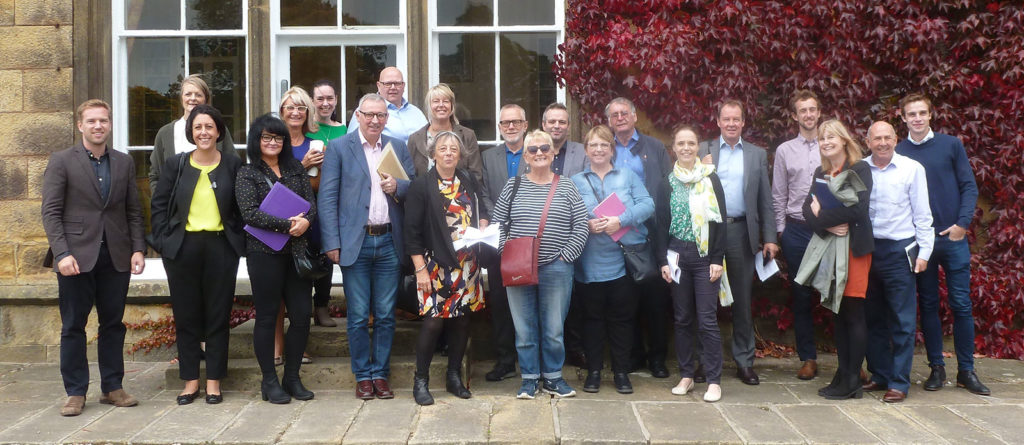Since the Foundation was established, we have supported a number of ventures which have aimed, in different ways, to provide opportunities for young people in schools (as well as people in wider communities across the UK) to experience designing and making and, through this process, to improve their practical capability and their capacity to achieve results.
Helping young people to acquire the habits and the skills involved in the process of “designing and making”, or as Dimitri Comino called it “getting results and solving problems”, was always a priority for our founder. In the early years of the Maker Movement the Foundation endorsed this kind of work through facilitating a network of those involved with makerspaces both in the UK and internationally, and supporting related developments which provided opportunities for young people to engage with makers in a range of contexts.
The Science and Engineering Education Research and Innovation Hub (SEERIH), at the University of Manchester, works with a range of primary and secondary schools “to fascinate young people and their communities about the wonders of science and engineering.” Its work has continued and expanded and its current work is outlined on this website under: Enriching learning and science, engineering and technology.
WeGoForth (formerly Fixperts) began its work with undergraduates with the Foundation supporting them in adapting their approach for use in schools. Their approach focuses on user-centred design emphasising the relationship between the needs of the potential user and the designer/maker.
Having worked with the Royal Society for the Encouragement of Arts, Manufactures and Commerce (RSA) to promote some early activities among UK makers we now work in partnership with them continuing to develop the RSA Pupil Design Awards which is now a national programme in which pupils in schools across the UK are able to participate.
Our North West Comino Creative Consortium, with the Manchester Metropolitan University, developed an approach which places post-graduate design students in schools for short internships, where they work with students to design and develop legacy products which live on with the schools. See this example from Falinge Park High School
The “thinking like an engineer” approach contained in the Report commissioned by the Royal Academy of Engineering, produced by the Centre for Real World Learning at the University of Winchester: Thinking like an Engineer: implications for the education system, has since been used by other Foundation projects.
The Crafts Council The Foundation has supported several projects for the Crafts Council, the most recent of which, the Crafts School: Yinka’s Challenge, continues in 2024 with Craft School: Material World in collaboration with the Eden Project.
At the invitation of the JCB Academy, the first University Technical College, where the main focus is engineering, a Comino Foundation team undertook an evaluative case study of the Academy. The findings were presented to the Royal Academy of Engineering in January 2016. The text of the Case Study is available here.
Made Here Now addresses the needs of young people who need to know what manufacturing and engineering occupations involve and how to access them. The Foundation has supported the development of a website over several years to service these needs.
